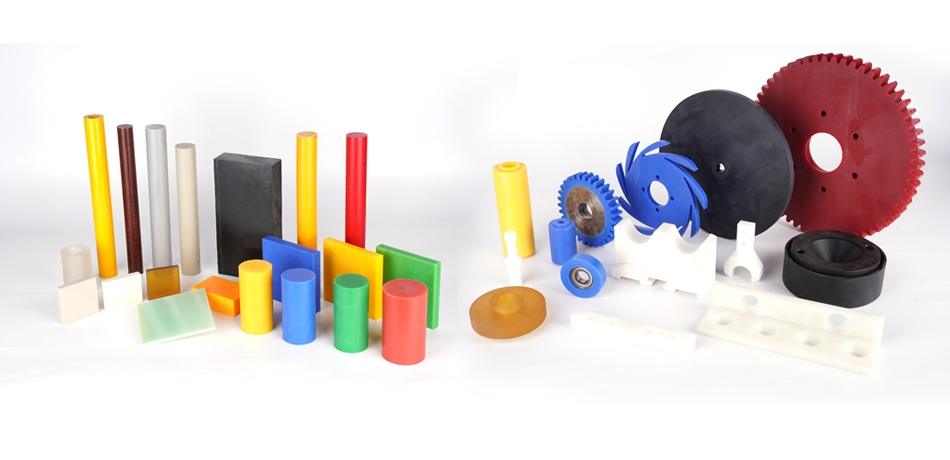Engineering Plastics: The Advanced Materials Revolutionizing Design and Manufacturing

What are Engineering Plastics?
Engineering plastics, also known as industrial plastics or high-performance plastics, are synthetic materials that became popular in the 1970s. They have enhanced material properties that make them suitable for engineering applications that traditional plastics and metals cannot satisfy. They exhibit superior strength, rigidity, toughness, heat resistance and chemical resistance compared to typical commodity plastics.
Thermoplastics vs. Thermosets
There are two main types of Engineering Plastics: thermoplastics and thermosets. Thermoplastics, such as polypropylene (PP), polyethylene (PE), polystyrene (PS), polyvinyl chloride (PVC), acrylonitrile butadiene styrene (ABS) and nylon, soften when heated and harden when cooled. They can be repeatedly softened and reshaped by heating and cooling, allowing for easy recycling. Thermosets, including polyesters, epoxies and silicones, chemically cross-link when heated and hardened into irreversibly cured polymers that cannot be remelted or remolded after initial heat treatment.
Key Characteristics and Applications
They possess properties tailorable for specific structural and functional applications across many industries. Their self-lubricating qualities make them suitable for high-load bearing parts on moving machinery. They withstand high and low temperatures for use in auto interiors, engine compartments and outdoor equipment. Resistance to weathering and corrosion allows them to replace traditional metals for equipment, piping and outdoor fixtures.
Some engineering plastics like nylon and PP have high tensile and impact strength for durable machine parts, gears, cams and electronic device housings. Thermoplastic polyesters like polyethylene terephthalate (PET) and polybutylene terephthalate (PBT) have great dimensional stability for precision components and parts requiring tight tolerances in harsh conditions. Epoxies, phenolics and polyimides offer superb heat resistance for electrical insulators, cookware and engine components. Silicones deliver low surface friction, resilience and resistance to chemicals for seals, gaskets and medical implants.
Get More Insights on- Engineering Plastics
- Industry
- Art
- Causes
- Crafts
- Dance
- Drinks
- Film
- Fitness
- Food
- Jogos
- Gardening
- Health
- Início
- Literature
- Music
- Networking
- Outro
- Party
- Religion
- Shopping
- Sports
- Theater
- Wellness
- News


